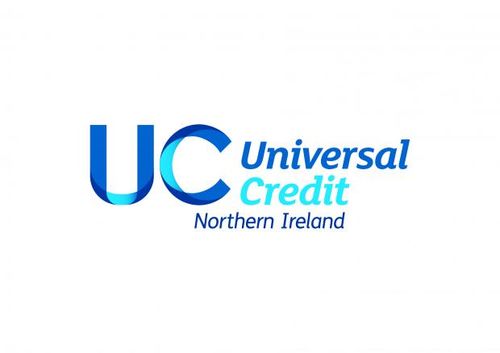The Belfast Unemployed Resource Centre (BURC) is an affiliate of the INOU and is represented on the INOU’s National Executive Committee. In this article BURC give an overview of the UK’s Universal Credit, which is the controversial new benefit designed to simplify the welfare system. It combines six benefits into one single payment.
The aim of Universal Credit is to make beneficial to work than claim benefits.
Universal Credit replaces Job Seekers Allowance (income-based) / employment & support allowance (income-related) income support / housing benefit / working tax credits & child tax credits for working age people aged 18+ & below state pension age.
Existing "legacy" claimants will transfer to Universal Credit between 2019 & 2023. Some claimants may move sooner to Universal Credit if they have a change in their circumstances.
The roll-out has seen claimants payments delayed, leaving vulnerable people in rental arrears & some families dependent on food banks.
Some have experienced problems with the on-line identity verification system 'verify, much more needs to be done to help people access the online digital system.
Food banks have seen an increase in people needing to access their services.
If a person makes a claim under the old welfare system, they will receive payment within 14 days, under the Universal Credit their payment target is 5 weeks. How are people expected to survive with no money for that length of time?
Families across Northern Ireland will be affected by moving to Universal Credit, with some experiencing losses to their payments because of cuts to disability premiums & lone-parent allowances.
People are anxious/worried about keeping a roof over their heads, putting food on the table & heating their home. If we look at families in England, Scotland & Wales, there is increased poverty, a greater reliance on food banks and a marked increase in homelessness.
The recent budget (October 2018) announced the seven day waiting period is to be removed meaning Universal Credit payments would now be paid 4 weeks after making the claim for Universal Credit.
While this is a welcomed decision there are still changes needed to be made to Universal Credit, such as abolishing the two child cap whereby claimants will not receive additional payments for a 3rd or other children, presently under Universal Credit regulations.
The Belfast Unemployed Resource Centre (BURC) would also support abolishing the bedroom tax/social sector size criteria. This is where a person's Universal Credit housing element entitlement is reduced if they live in social housing & have a spare bedroom(s).
Universal Credit is the biggest welfare reform since the welfare system was first introduced.
When it is fully rolled out, households will be on the benefit in a wide variety of situations from those looking for work to those in low income work & those who are unable to work.
For Universal Credit to be successful it must work for all these different groups of people, and there is still work to do for it to achieve this.
